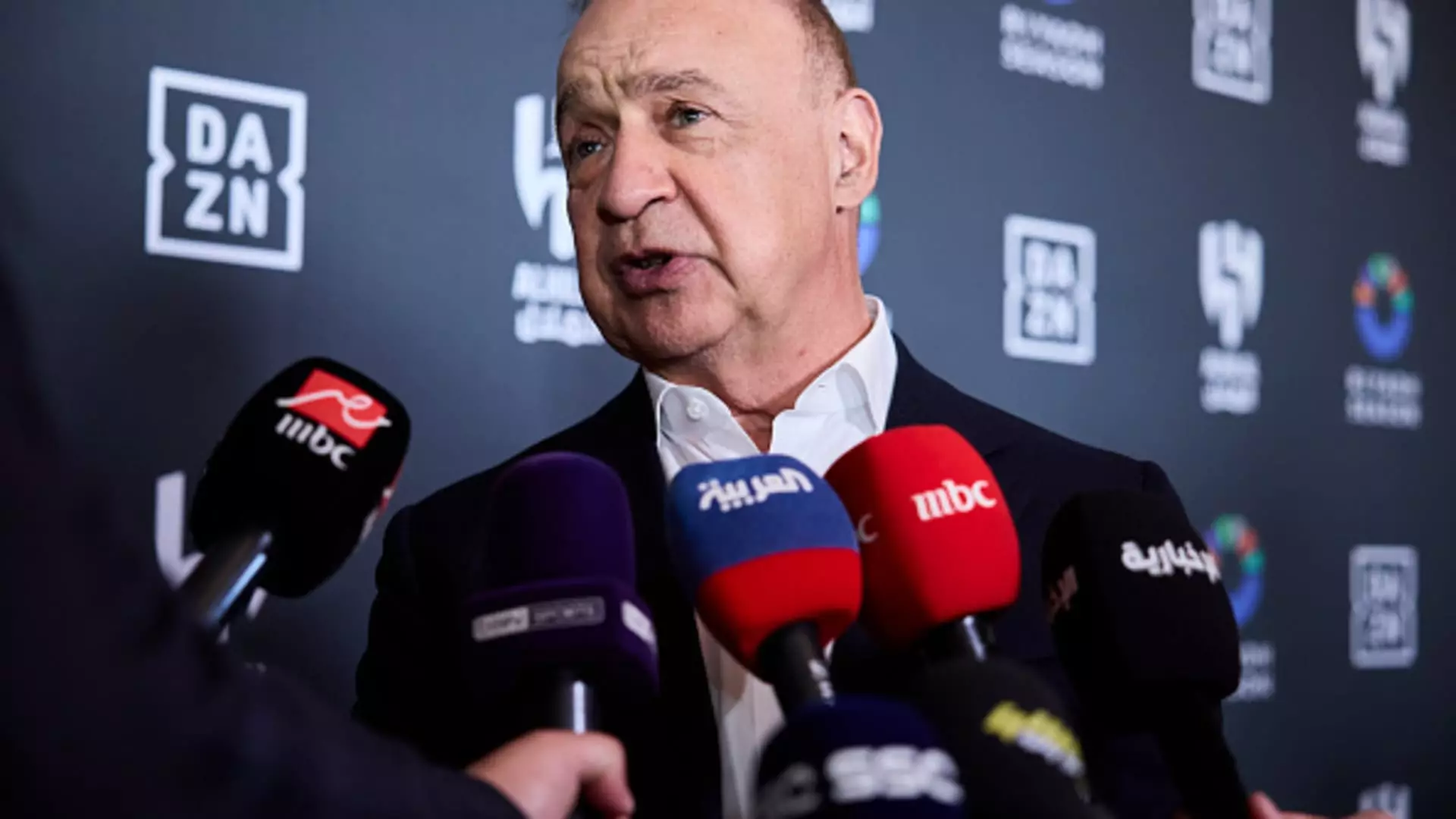As the U.S. grapples with economic recalibrations under the Trump administration, a prominent concern arises: the ramifications of an aggressive tariff policy on family investment offices. When it comes to wealth management, particularly concerning the ultra-rich, such economic decisions don’t merely ripple; they cause seismic shifts. In March, private investment firms, which generally thrive in times of economic stability, pulled back dramatically, curtailing deal-making activities. This alarming trend isn’t just a blip; it reflects a deeper anxiety that has taken root in the high-net-worth sector.
Further data indicates a remarkable 45% decrease in direct investments made by single-family offices compared to the previous year. Delving into the numbers reveals a suffocating environment for deal-making, accentuated by a concerning 22% drop from February to March. Given February had three fewer days, this stark decline is indicative of a broader withdrawal from investments. This suggests that the wealthy are navigating turbulent waters, adjusting their sails without the assurance of fair weather ahead.
Major Players and Surprising Exceptions
It is crucial to acknowledge that in any crisis, there are always outliers who defy the trends. For instance, Euclidean Capital, founded by hedge fund titan Jim Simons, has recently marked its return with a substantial investment in Zeitview—an innovative startup specializing in drone imagery and AI technology to inspect essential infrastructures like wind turbines and solar panels. Such investments may hint that some family offices are willing to engage in visionary projects despite a cautious overall investment climate.
Additionally, Dubai Holding completed a remarkable acquisition of Nord Anglia Education, demonstrating that foreign investments are still being pursued vigorously. Valued at a staggering $14.5 billion, this deal underlines a belief that, amid looming uncertainty, long-term educational investments hold potential rewards that outweigh immediate hurdles. Yet, these exceptions serve as reminders rather than solutions, signaling that while some families may capitalize on growth opportunities, the broader sector remains locked in cautious contemplation.
The Rising Tide of Uncertainty
Disquiet among the wealthy is palpable as the tariff impositions breathe uncertainty into the business landscape. With duties reaching as high as 46% on goods from certain regions such as Vietnam, the implications for portfolio management are profound. As Vicki Odette from Haynes Boone articulates, many families are reevaluating the viability of their investments, questioning their ability to continue generating returns or even make distributions. The heightened tariffs don’t only affect the cost of goods; they heighten the risks associated with existing investments.
This phenomenon extends beyond U.S. borders, creating a ripple effect that influences global family offices, particularly those with roots in the Middle East. The uncertain trajectory of U.S. policies incites questions surrounding investments in foreign markets and their geopolitical impacts. This adds layers of complexity to an already intricate web of global investment strategies.
A Shift Towards Caution: The Private Credit Phenomenon
Interestingly, while many wealthy families may be reevaluating their aggressive investment strategies, there is a noticeable shift toward private credit funds, which focus on providing short-term loans. This trend reveals a fascinating perspective; as turbulence mounts, the appetite for liquidity and preservation of capital appears to grow. With uncertainty looming over the future, family offices are increasingly prioritizing short-term gains over long-term stakes.
This contrast encapsulates a broader dilemma facing the affluent today: the balance of risk and reward. They still seek opportunities but are acutely aware of the dangers that come with a climate of uncertainty. The risk-averse posture currently adopted by many strongly highlights a prevailing sentiment among high-net-worth investors—caution is the new boldness.
Economic Repercussions and the Price of Inaction
The overall reluctance to deploy capital amidst tariff-induced anxieties begs a critical question: at what point does caution morph into detrimental inaction? The troubling reality is that while some investors are sitting back to evaluate their next moves, the potential for longer-term economic stagnation looms large. The lack of significant deal-making, especially among the ultra-wealthy, could very well trigger consequences that affect not only their investments but the economy at large.
In the face of adversity, strong leaders must make bold decisions, embrace calculated risks, and anticipate market shifts. These qualities, however, will be crucial in navigating the complex landscape forged by tariffs and geopolitical uncertainty. Let’s hope that the lessons learned from this tumultuous period will foster a more resilient, agile approach among family offices.

